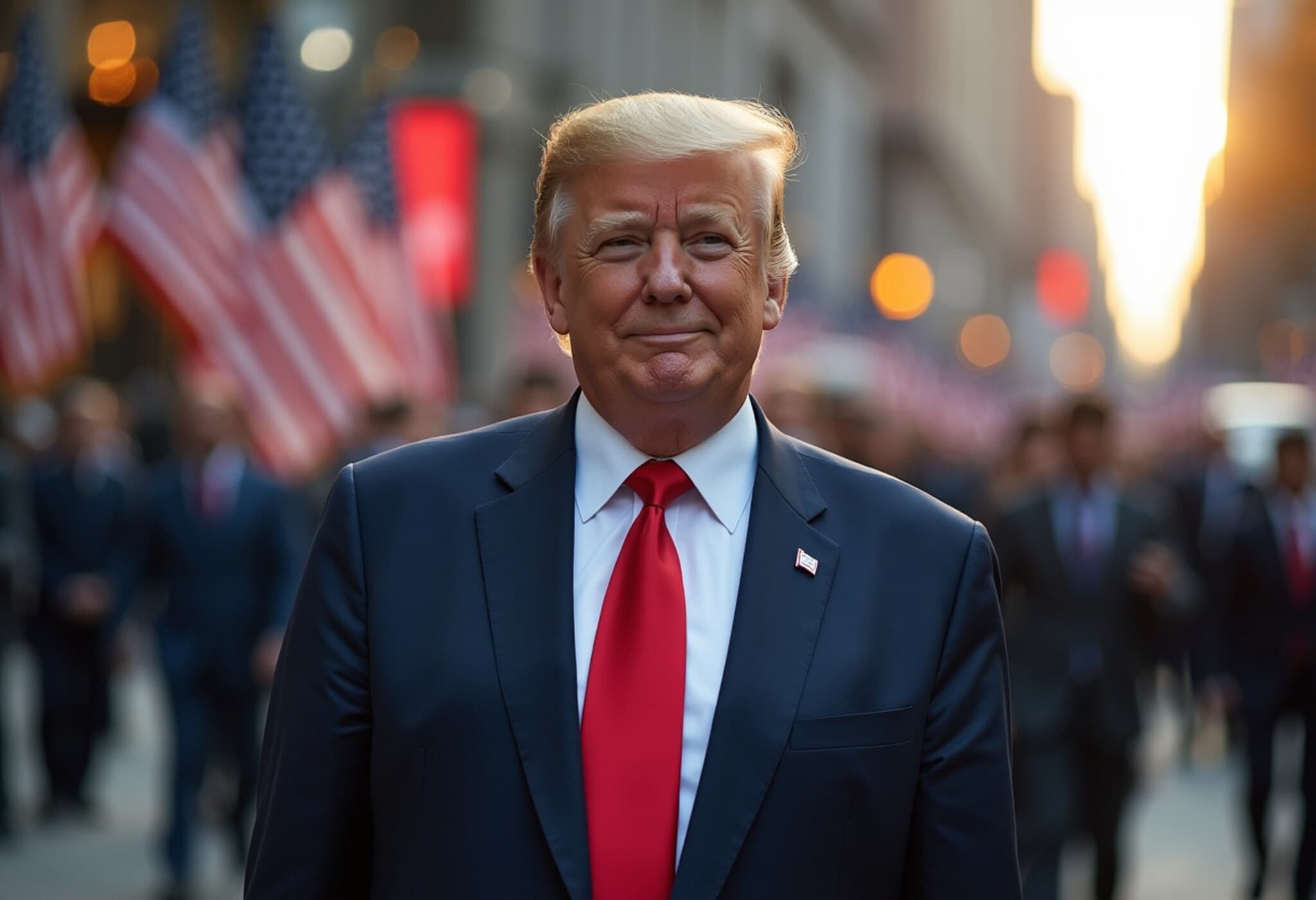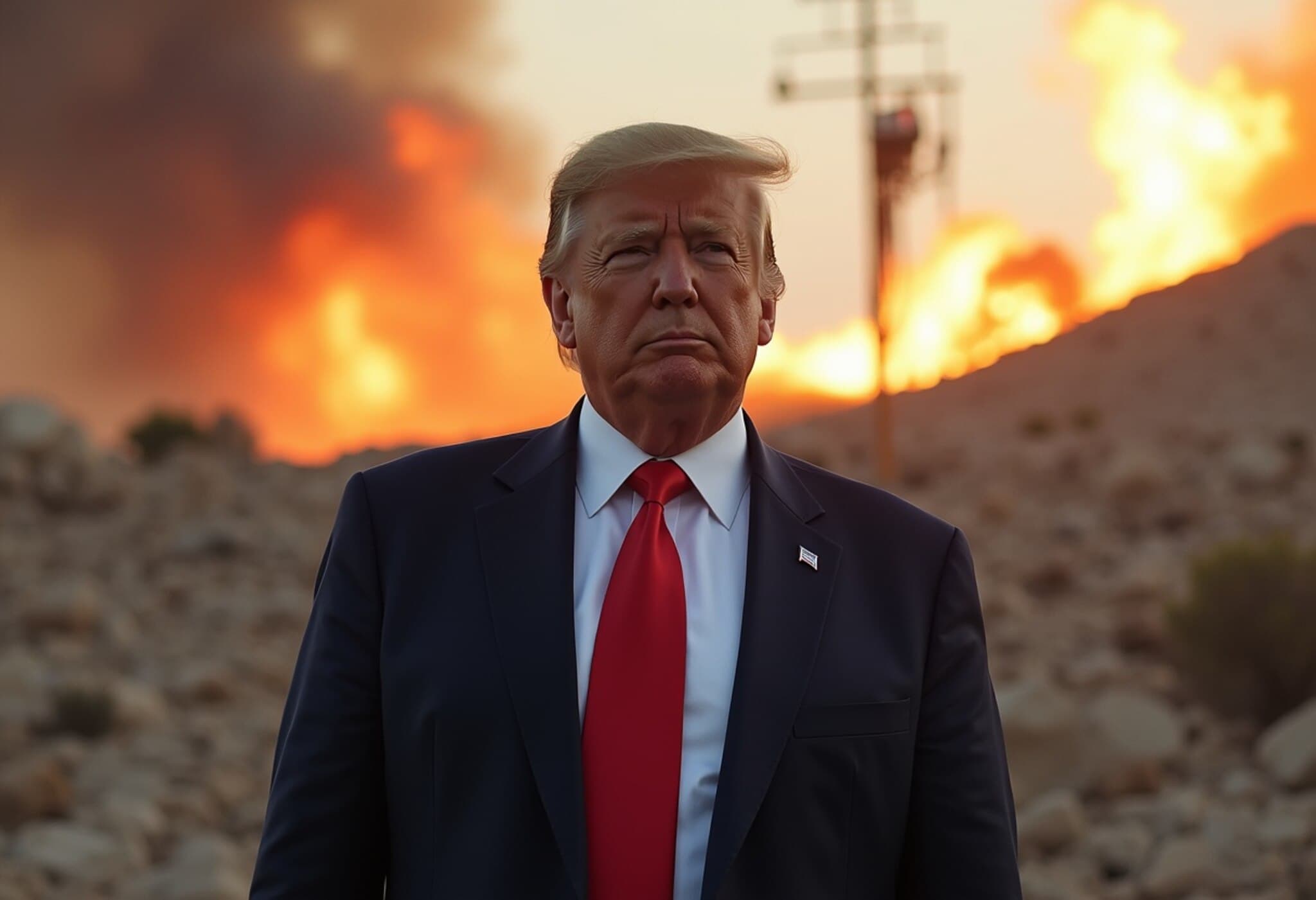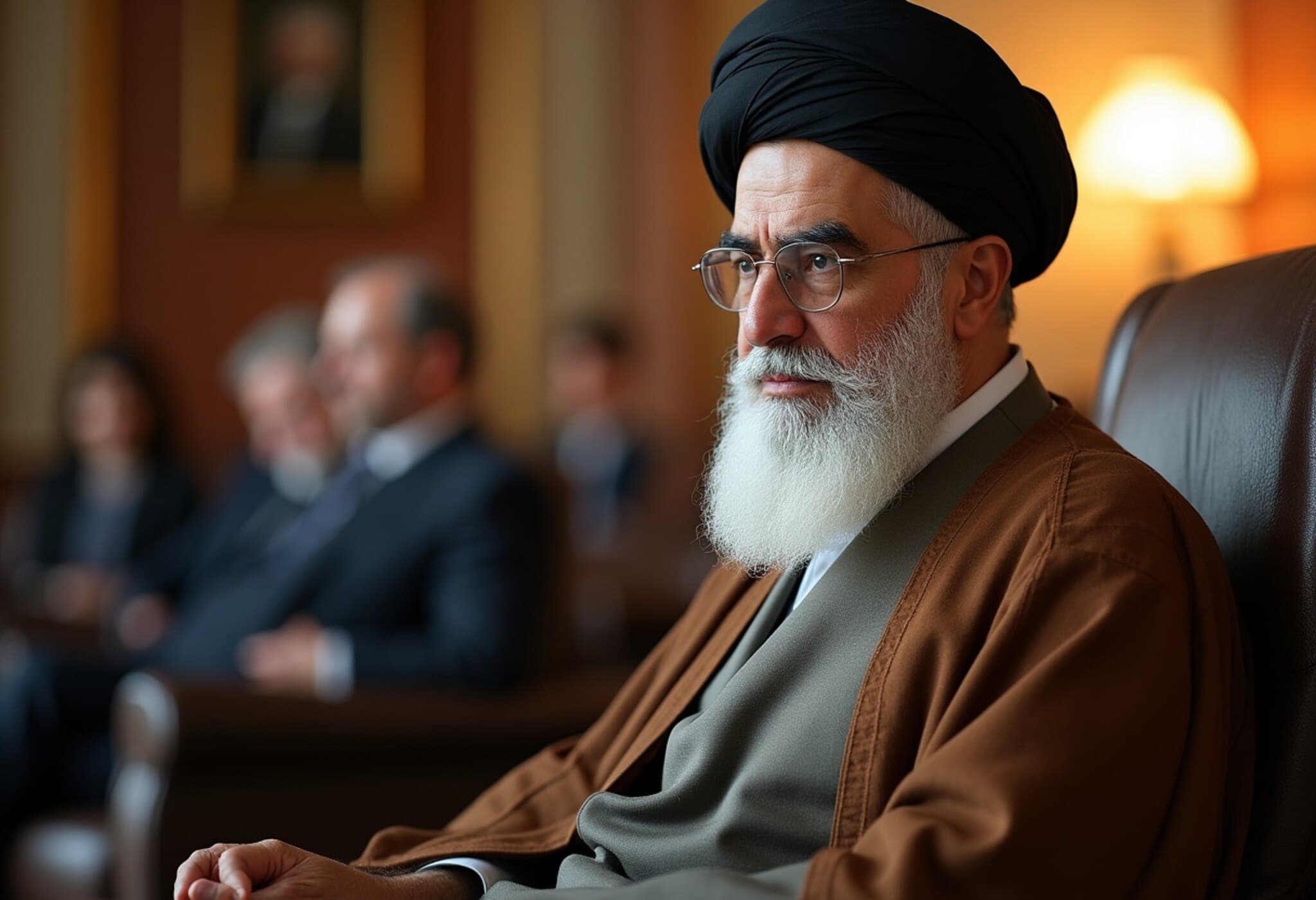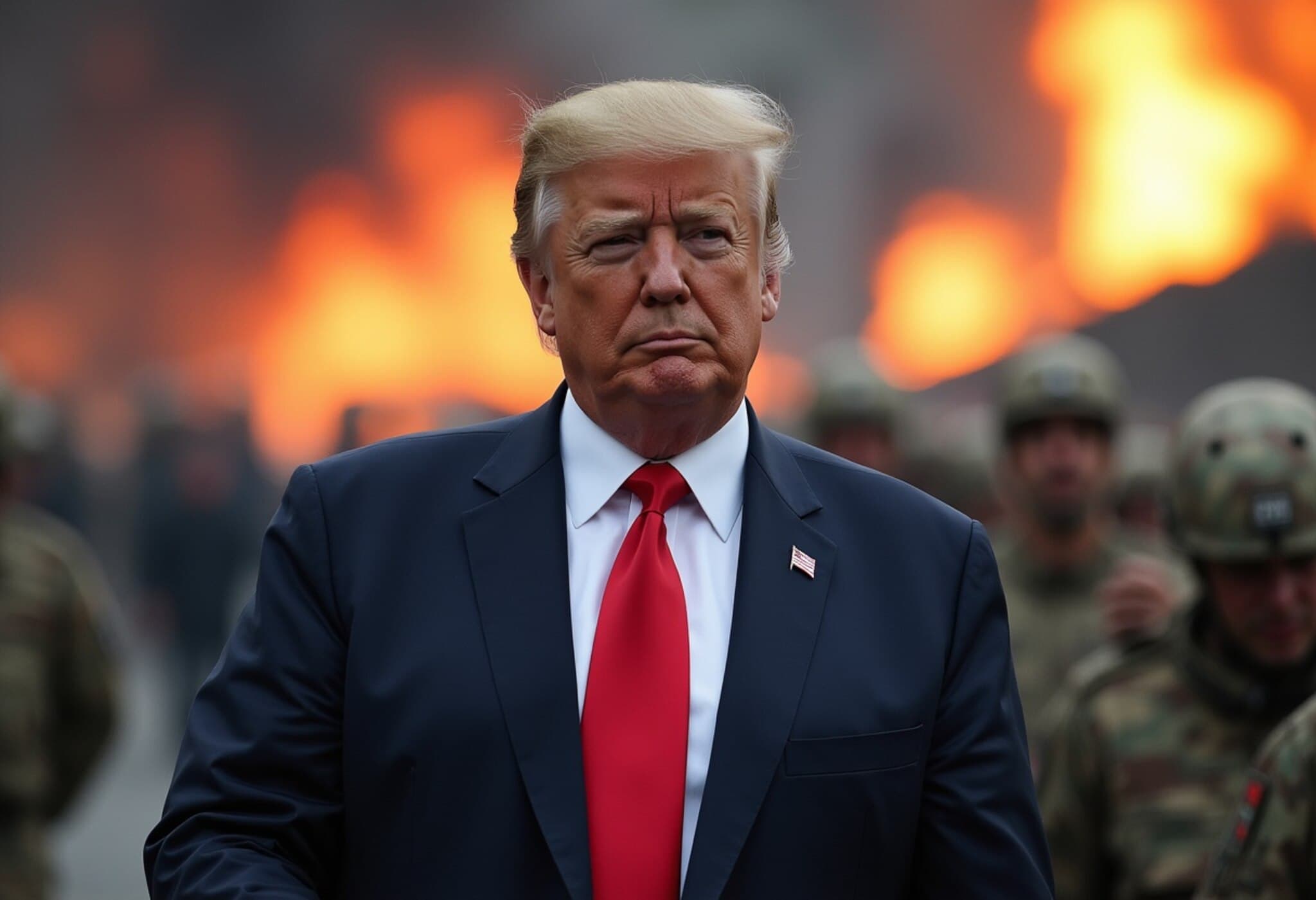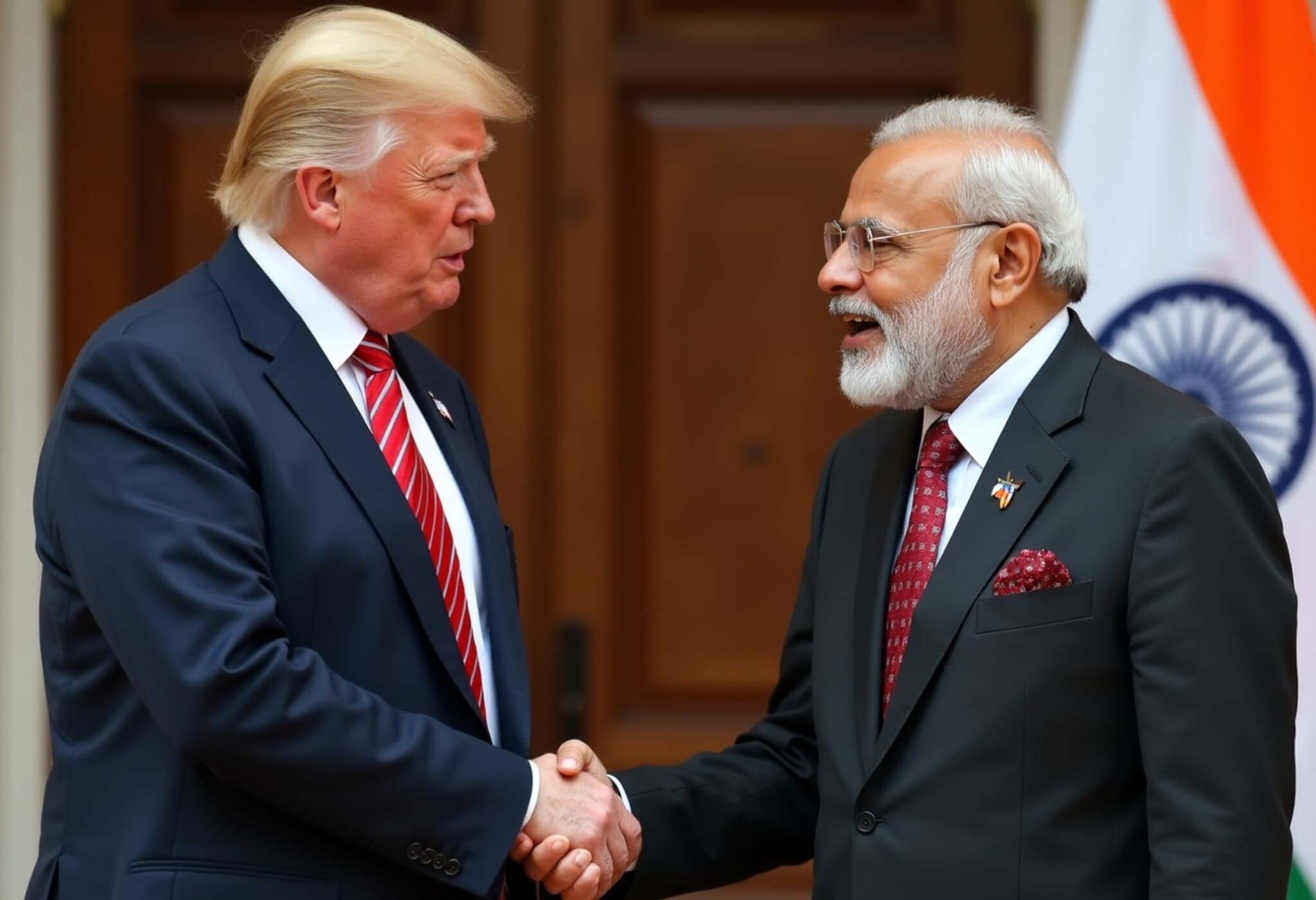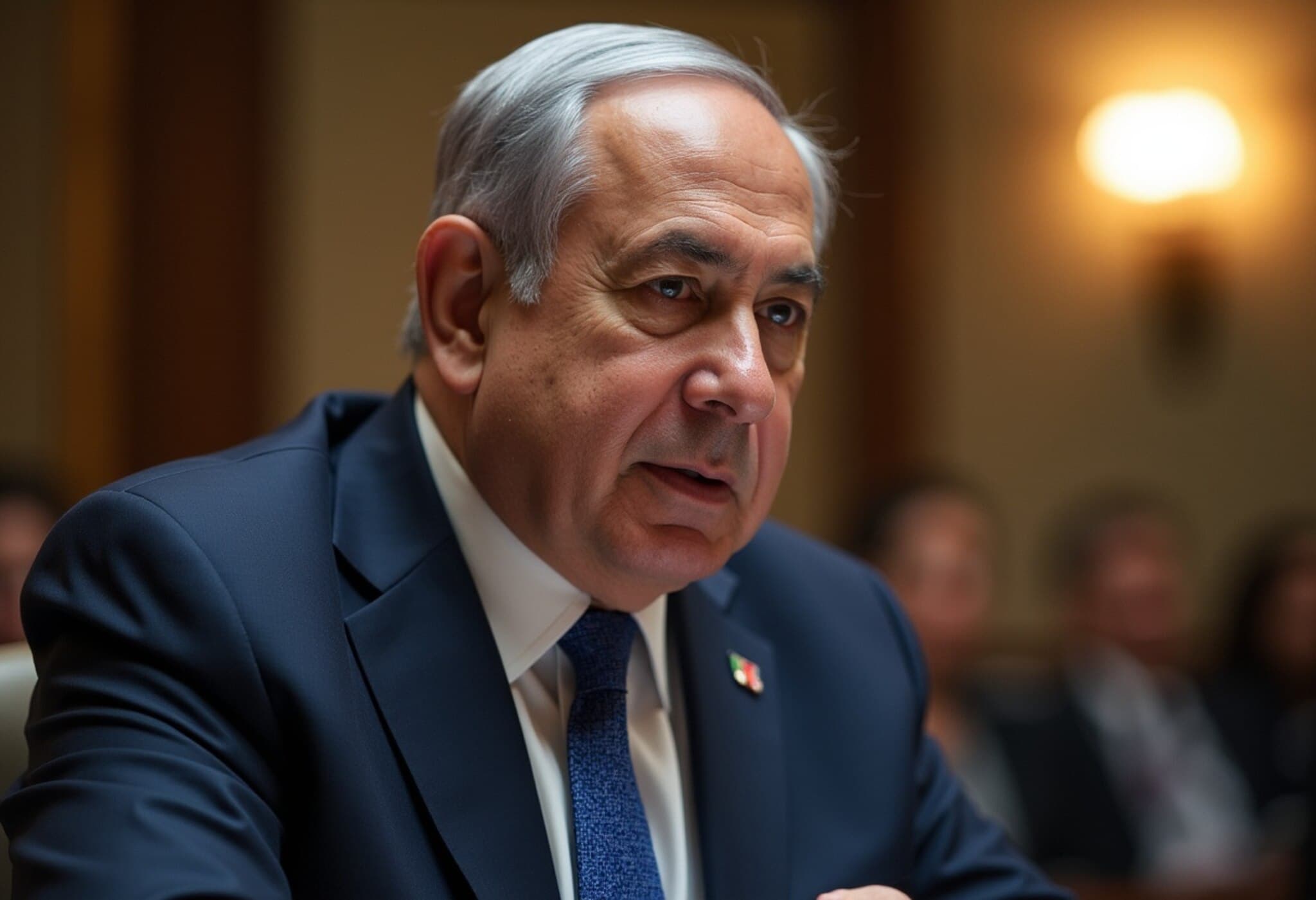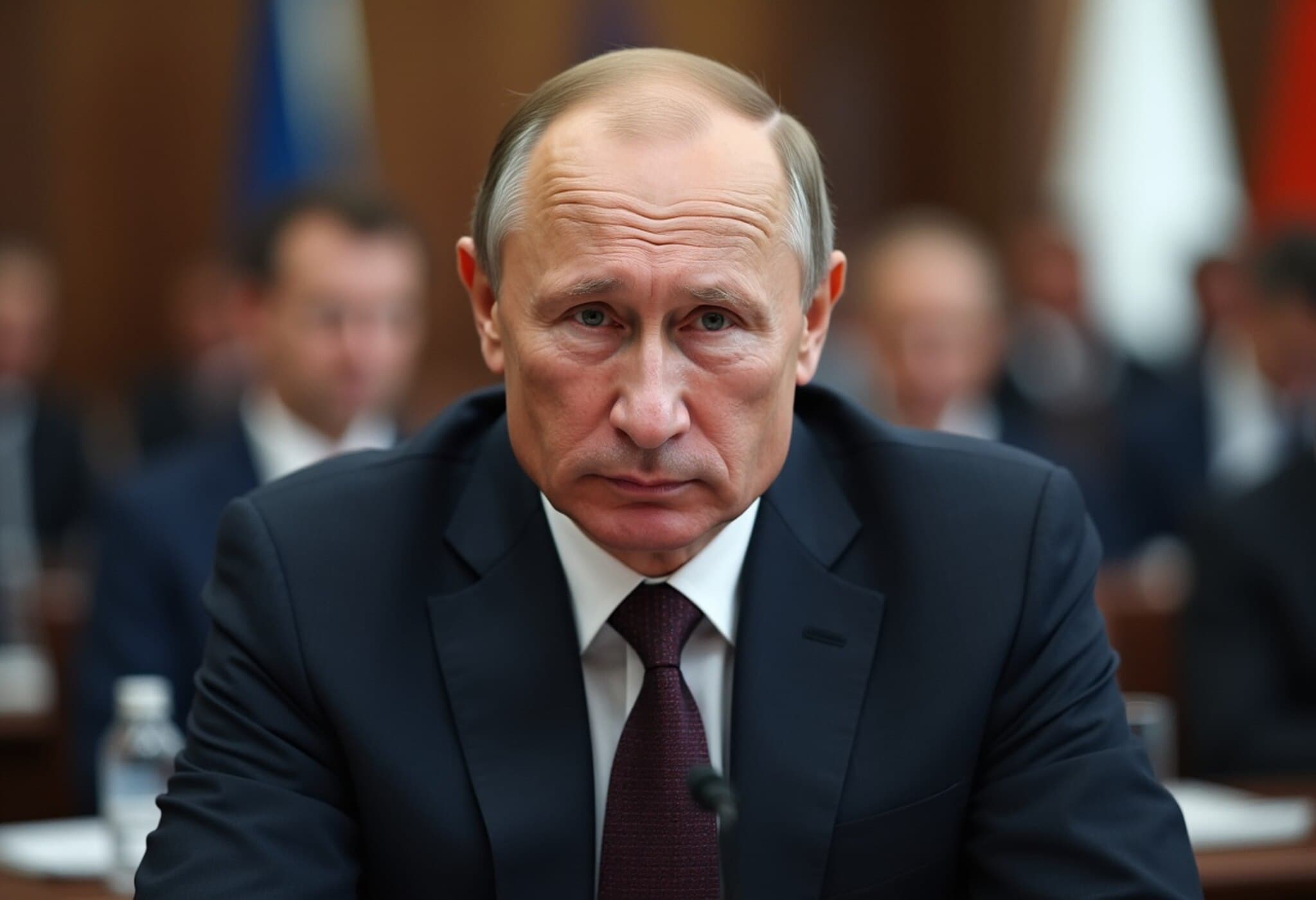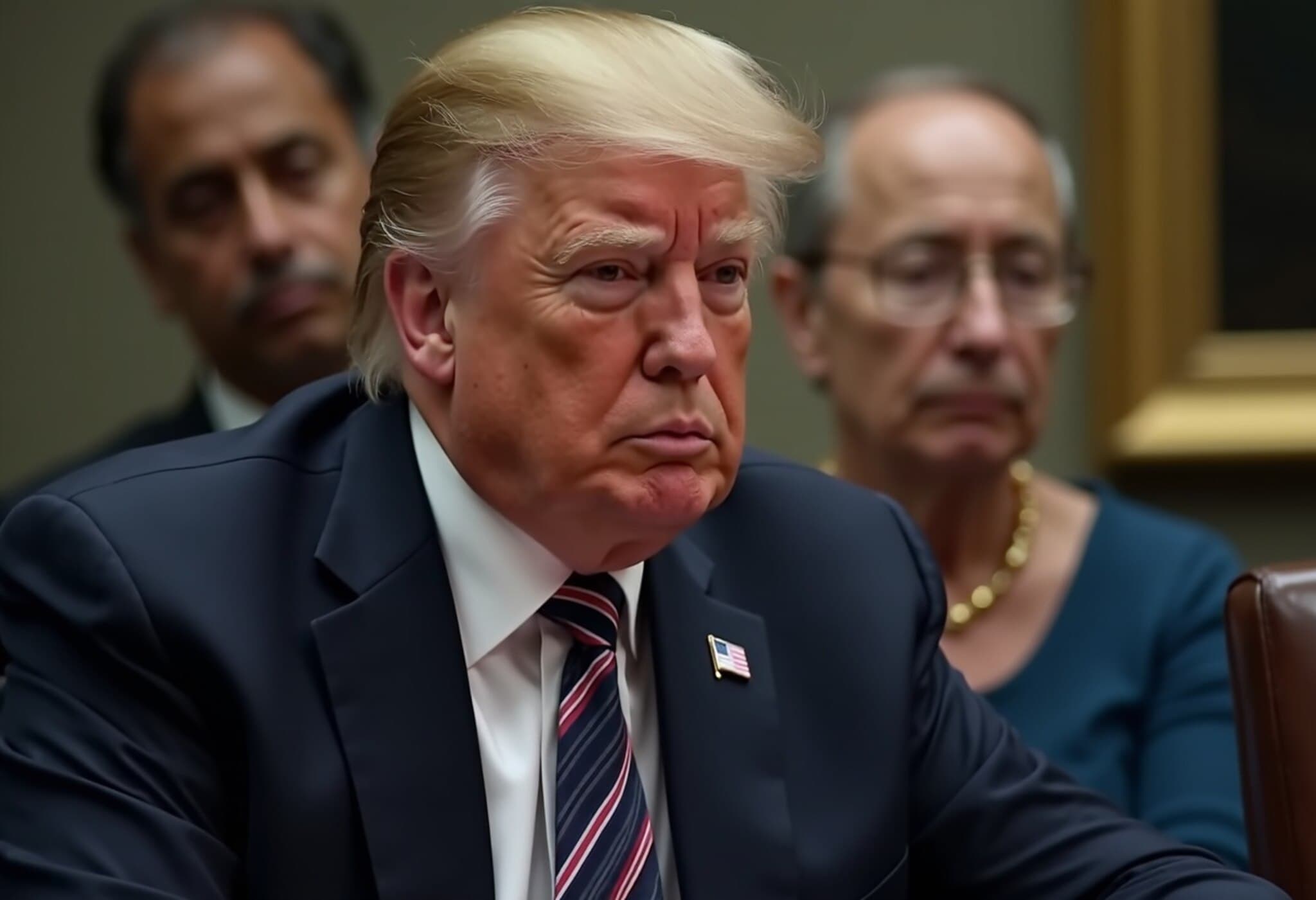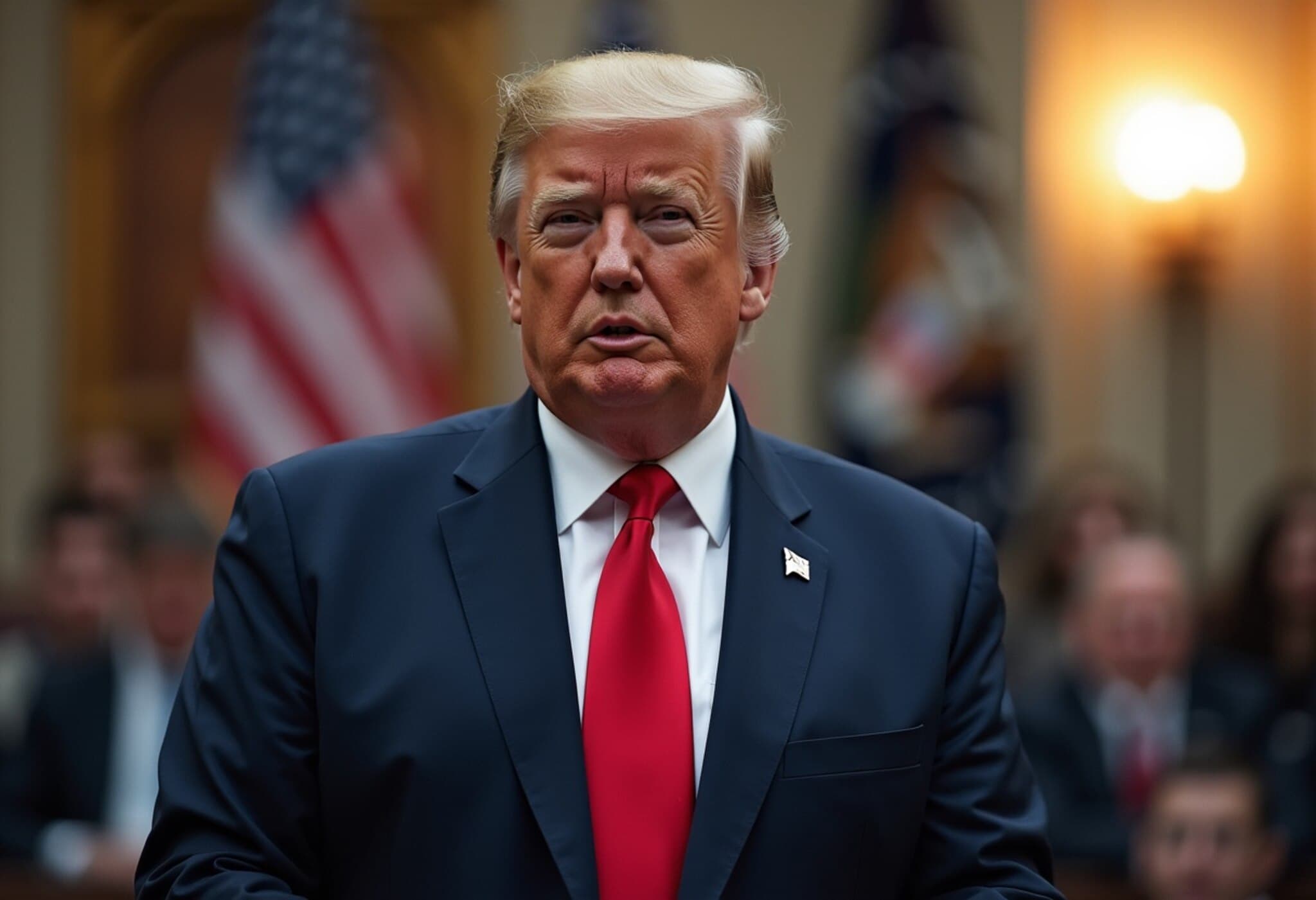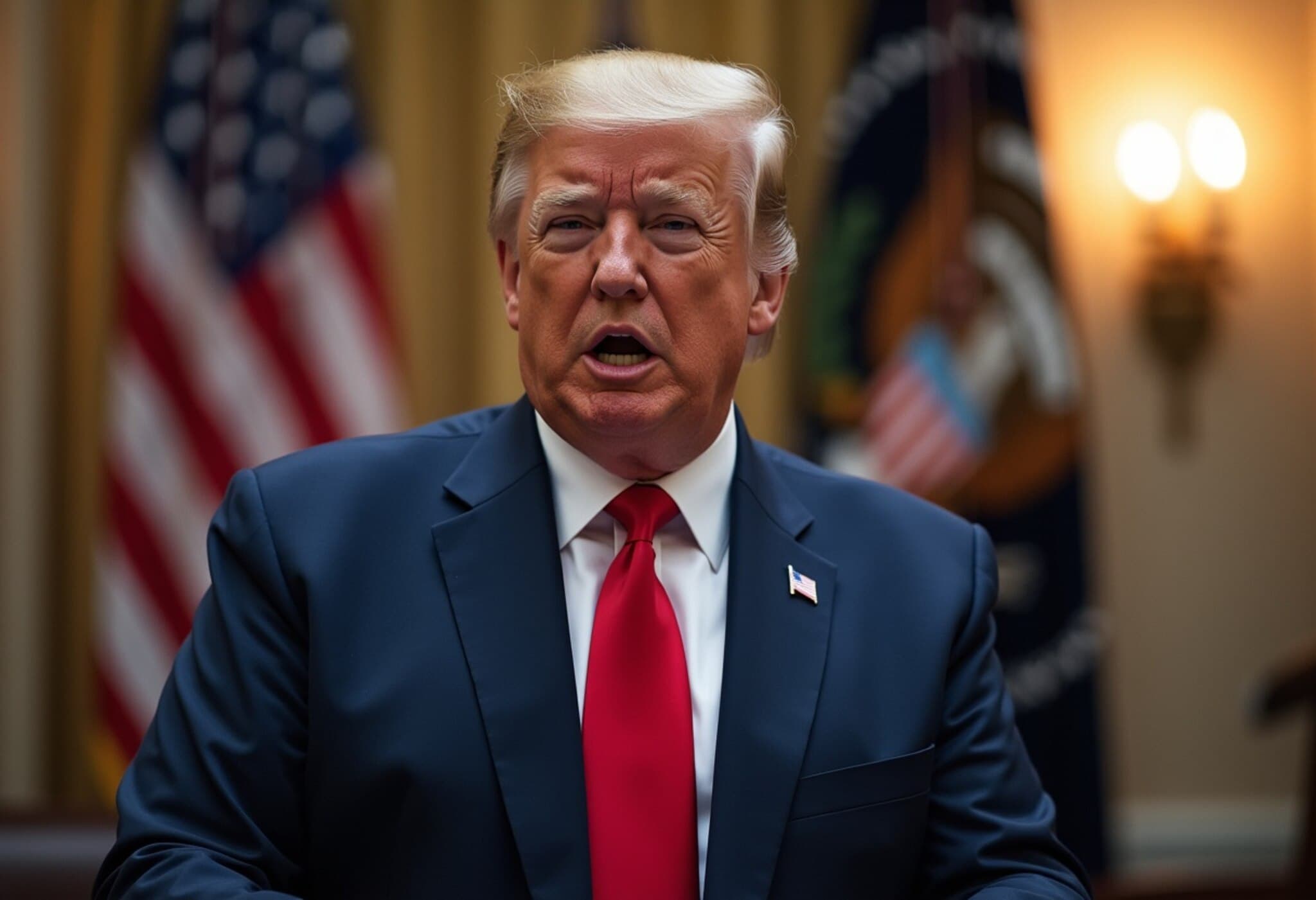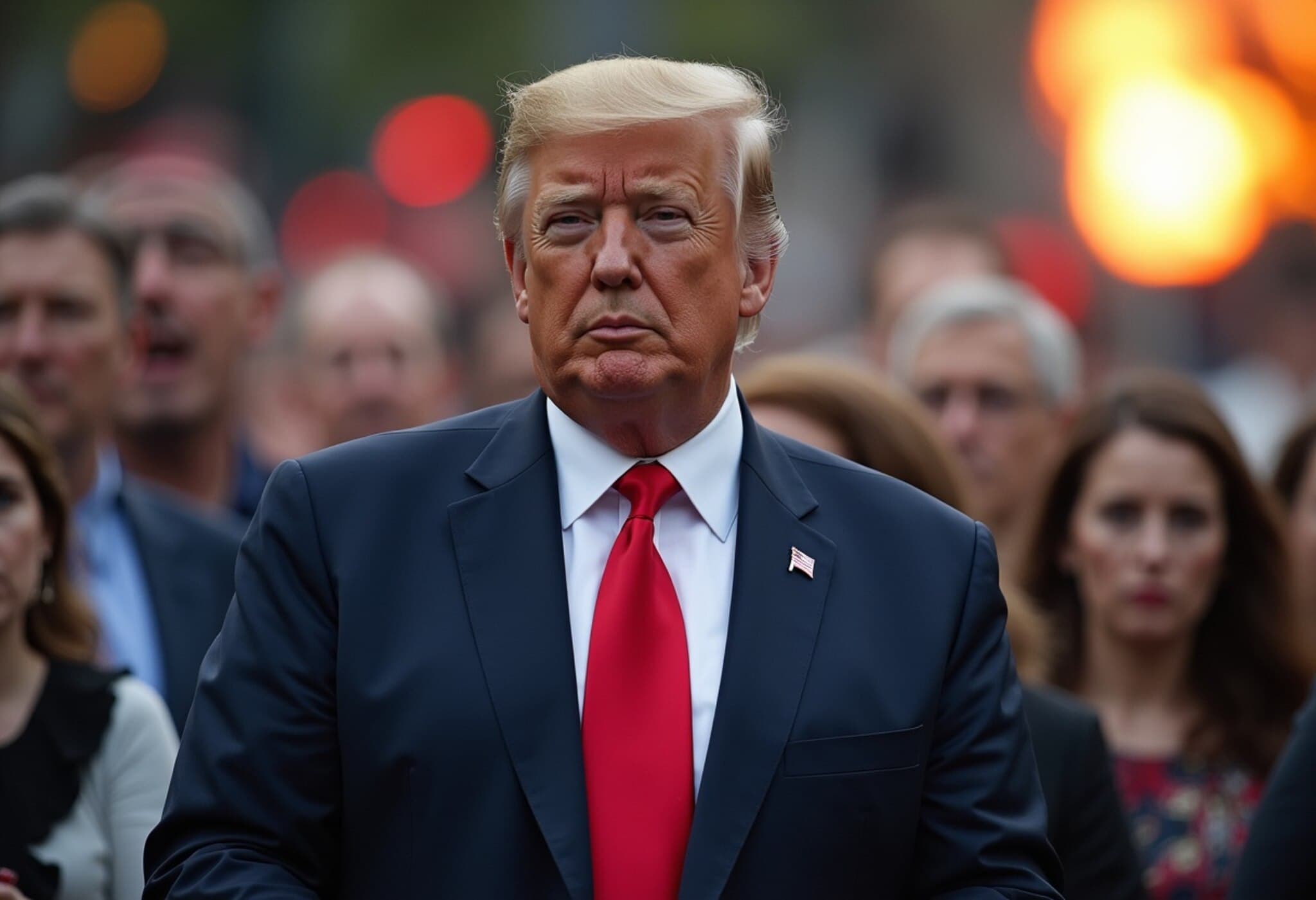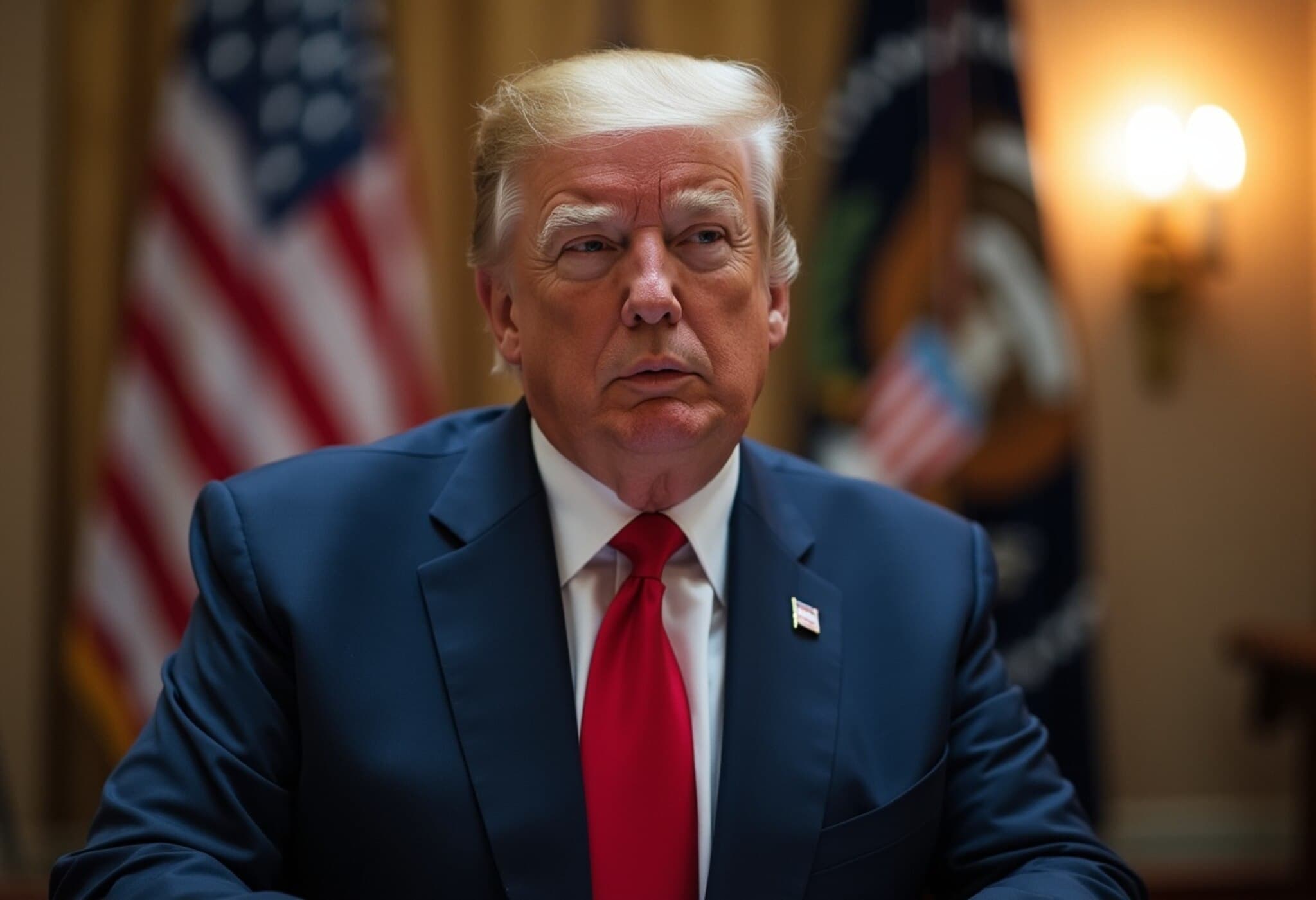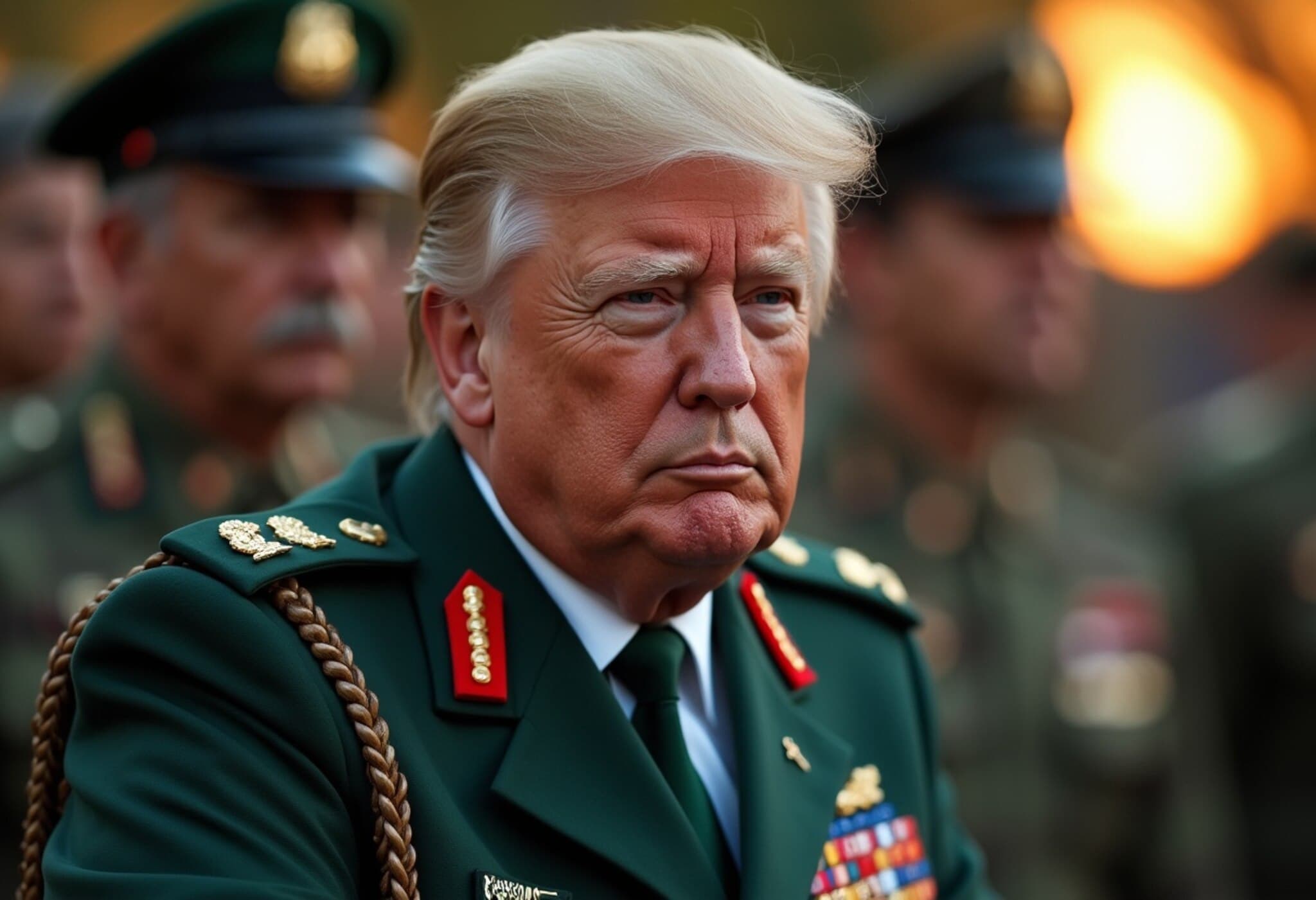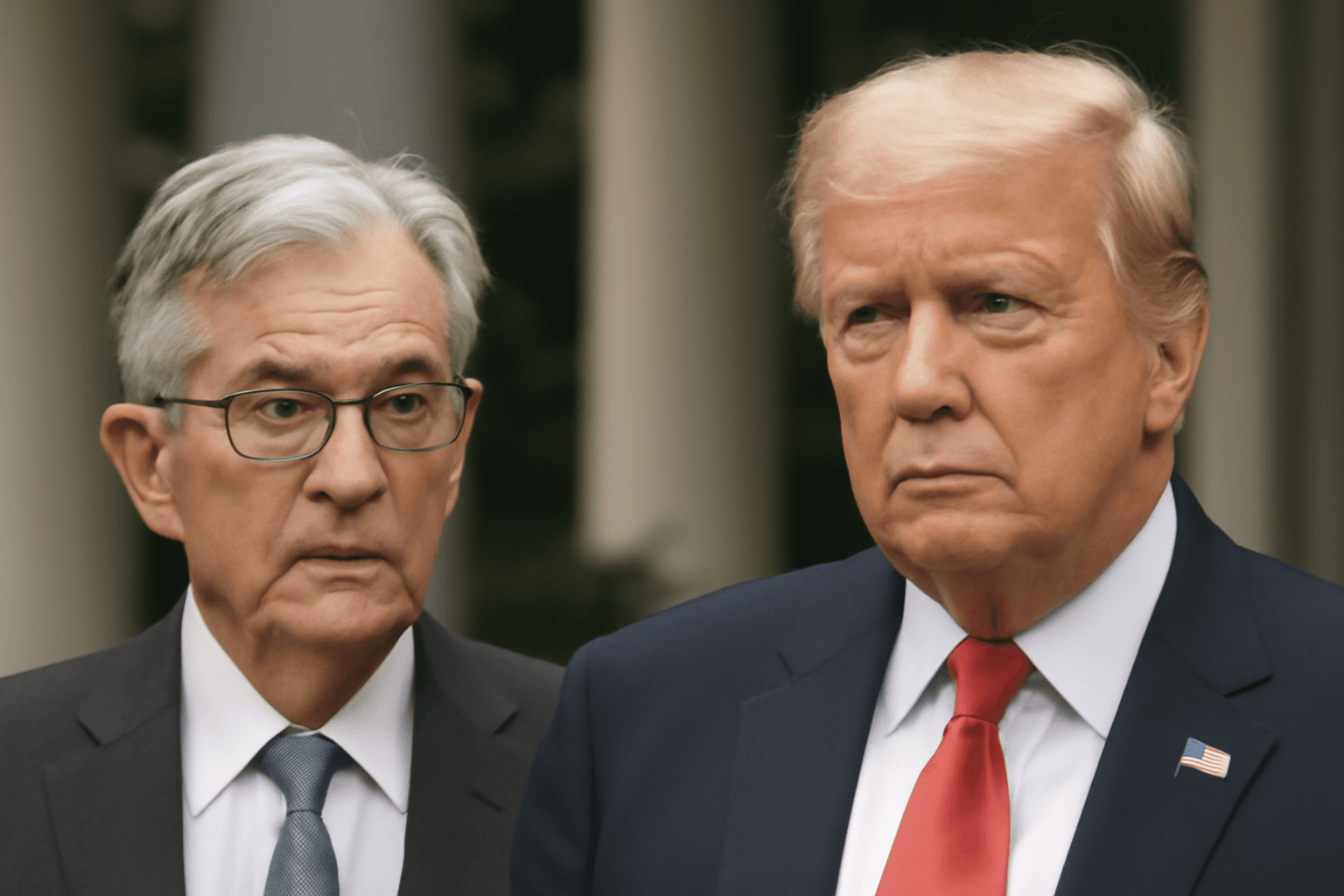US to Withdraw from UNESCO Again Over Alleged Anti-Israel Bias
In a development that echoes past controversies, the United States has announced plans to withdraw from the United Nations Educational, Scientific and Cultural Organization (UNESCO) by December 2026. This decision marks the second time the US has decided to exit this global cultural and educational agency, citing longstanding concerns about perceived bias against Israel and the promotion of "divisive" global agendas.
Background: A History of Withdrawal and Return
The US initially left UNESCO in 2017 under President Donald Trump’s administration, accusing the agency of political bias, particularly over its recognition of Palestine as a member state and the designation of heritage sites in contested regions. This move was reversed in 2021 when President Joe Biden reinstated US membership, emphasizing multilateral cooperation and the importance of cultural diplomacy.
However, the latest announcement, conveyed by State Department spokeswoman Tammy Bruce, states, "Continued involvement in UNESCO is not in the national interest of the United States." The rationale points toward sustained concerns about UNESCO's focus — which the US perceives as being overly fixated on implementing UN sustainability goals aligned with a "globalist, ideological agenda," as well as its treatment of Israel.
UNESCO’s Response and Global Reactions
UNESCO Director-General Audrey Azoulay expressed regret at the US decision, calling it "contrary to the fundamental principles of multilateralism." She highlighted that the agency has implemented substantial reforms in recent years, drastically diversifying its funding sources, and reduced its reliance on US contributions from nearly 20% a decade ago to around 8% currently.
Azoulay also emphasized UNESCO’s progress in fostering consensus-driven multilateralism and noted ongoing programs targeting Holocaust education and combating antisemitism. According to a UNESCO insider, the US departure is fuelled more by political disagreements than factual grievances.
Political Dimensions and Regional Implications
The US criticisms focus heavily on UNESCO’s recognition of Palestine as a member state and the designation of heritage sites in occupied territories, which the US government views as disproportionately favoring Palestinian claims over Israel’s. Israeli officials, including Foreign Minister Gideon Sa’ar, publicly applauded the withdrawal, framing it as a necessary step to ensure fairness toward Israel within the UN system.
Conversely, French President Emmanuel Macron reaffirmed France’s unwavering support for UNESCO, underscoring the organization’s vital role in preserving global heritage and fostering international scientific and cultural cooperation.
Historical Context and Broader Geopolitical Significance
The US has a turbulent history with UNESCO. Former President Ronald Reagan withdrew the US in the 1980s over allegations of corruption and Soviet bias. The organization welcomed the United States back under George W. Bush and later under Biden, who oversaw a significant US financial commitment, including a pledge to repay arrears exceeding $600 million.
This cycle of withdrawal and re-engagement reflects broader geopolitical tension points, particularly in the Middle East conflict, and reveals the complexity of global institutions that blend culture, education, and politics.
What Lies Ahead?
- The US will continue participation on UNESCO’s World Heritage Committee even after official withdrawal, maintaining a degree of influence in heritage preservation decisions.
- UNESCO faces the challenge of replacing reduced US funding but has diversified its donor base including private and voluntary governmental contributions.
- The broader implications for US diplomatic strategy raise questions about the balance between unilateral national interests and global multilateral engagement in cultural diplomacy.
Editor’s Note
The US’s decision to pull out of UNESCO once again invites reflection on how international organizations balance cultural preservation with geopolitical conflicts. While concerns about bias and politicization are legitimate conversation points, the withdrawal spotlights the difficulty of separating global cultural cooperation from national political interests. For the US, this move may satisfy immediate political priorities but risks diminishing its soft power influence in a key forum fostering education and cultural dialogue.
Looking forward, observers should watch how UNESCO adapts funding and membership dynamics and whether the US might re-enter in the future under different political circumstances—highlighting an ongoing tension between nationalism and globalism in international relations.

